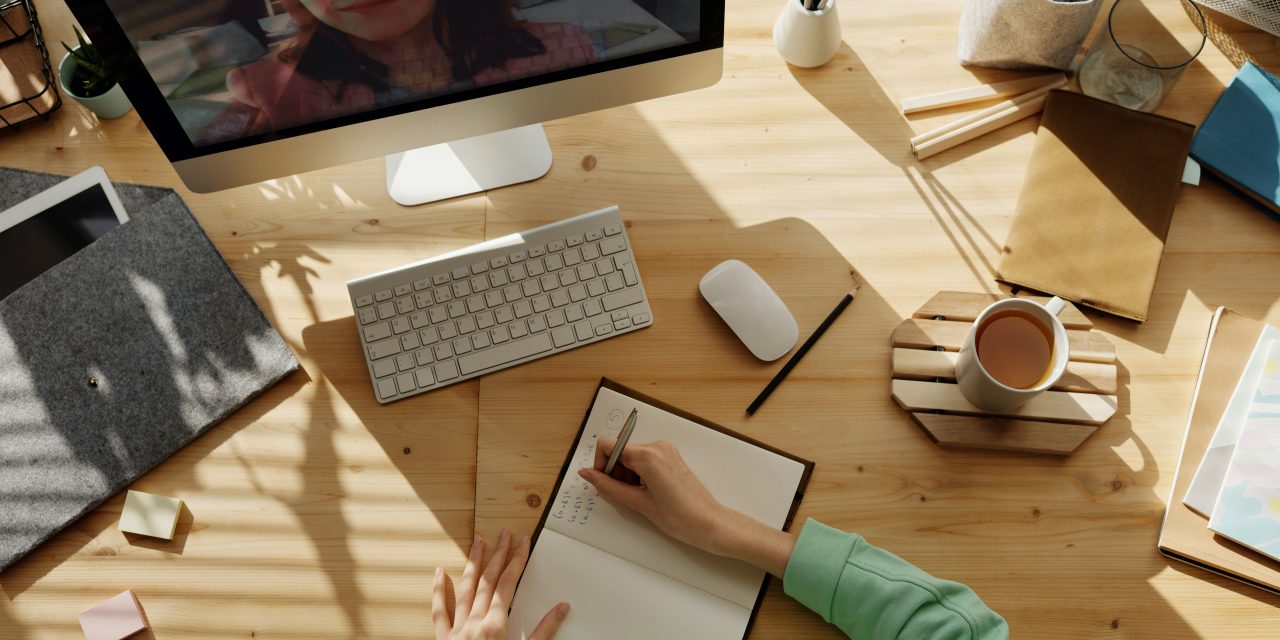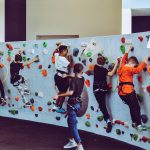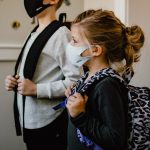Photo by Julia M Cameron from Pexels
By Morgan Stevens
Washington State’s early COVID-19 prevention efforts shocked students as they were quickly thrown into online school. Transitioning from having regular social interaction to little, or no, social interaction has tragic effects on students’ mental health. According to the Journal of Medical Internet Research, 47% of those who sheltered in place had recognized a decline in their mental health due to stress and worry.
Senior at Washington State University, Christian Vasilef stated that the biggest impact COVID-19 has had on him was, not having all those social gatherings that he was used to having. He also went on to say that it takes a toll on one’s loneliness and mental health. Having interactions with people on a regular basis is crucial to mental and physical health. Dangers of isolation and loneliness can be devastating to our bodies. This can lead to lack of interest and withdrawal which does not help when students are trying to complete schoolwork. Andrea Denke, a Medical Social Worker in The Transitions of Care Department at Whidbey Health, expressed that we as humans crave connection, and without that connection it can create anxiety and depression for people. According to the CDC, symptoms of anxiety increased to almost three times what was reported in 2019. Motivation is a hard thing for students to feel at times especially now during this pandemic. Vasilef later stated that, “[Since COVID] My motivation has changed a lot, I feel less excited and outgoing”. This is how many students across the nation feel. Sometimes even getting motivation to get out of bed is hard for students. According to NASFAA, 76% of undergraduates identified lack of motivation due to the online learning environment. Social interaction is a way of creating an outlet to express ourselves outside of daily school and work environments. While there is still a pandemic, it is important for us to still have some sort of social interaction. Remembering to follow guidelines put out by Gov. Jay Inslee and supporting government officials, will help us to all stay safe and return back to normal more quickly.
Fire Chief at Central Whidbey Fire and Rescue, Ed Hartin even had something to say about this. He told a story about the swiss cheese theory. Hartin says, “Swiss cheese has holes in it. Each thing that you do to reduce risk is like a piece of swiss cheese, its not perfect. It has holes. The more layers of cheese that you have the harder it is for something to get through the holes.” He then went on to relate this to protection against COVID-19. He says that the more layers of cheese you have such as a mask, social distancing, etc., the harder it will be for COVID to get to you. This is important for students to know so that they can take the necessary steps to protect themselves so that they are able to gather together again and improve their mental health. However, the more layers you have between yourself and others can make you feel less connected and more isolated, so this can be quite challenging to balance both safety and health.
In these challenging times it can be hard for students to remember the positives. Denke says, “Be mindful about connections we have.” She wants people to remember to stay grateful about the things they do have now, instead of thinking only about the negative. Some of the anxiousness can be avoided if people change our mindset to a more outgoing one. This pandemic will not last forever so remain mindful, but do not dwell on things that cannot be changed by you. Vasilef had some more wise words to share. He said, “College is what you make of it. Try to find something to do. Try to find friends to hang out with. Still do things, but in a safe manner.” Sooner than later, the pandemic will come to an end. When that happens, people will all have to opportunity to look back on what they did during these times. Although it may be hard, try to keep a better outlook on now to improve your mental health. Whether you are struggling with anxiety, depression, stress, panic, or many other issues, remember that it will be ok. Get active, find a way to let yourself calm down. Do as Christian Vasilef says and find someone to do something with. Stress is inevitable but how people manage and deal with that is up to them. Do not let COVID be a roadblock. Use it to be aware and find strength that will help better yourself.






